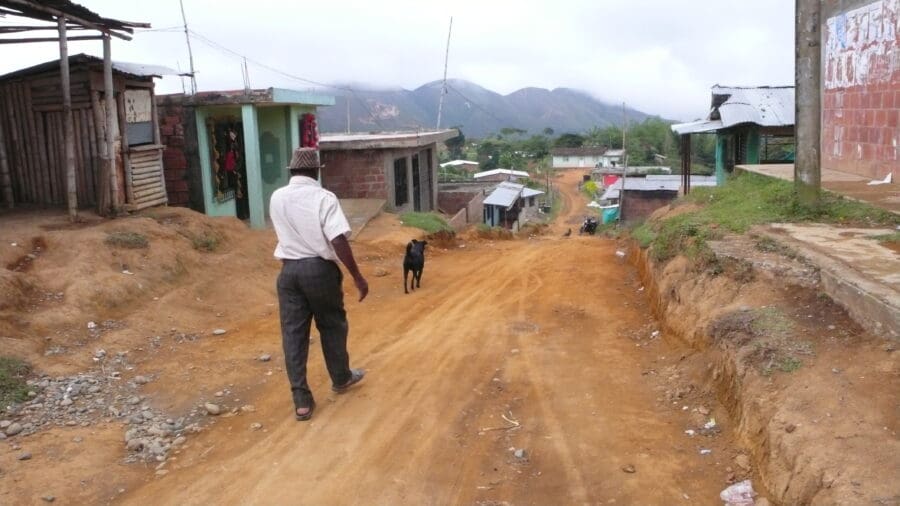Update (10 January 2024): In a big win for people and the planet, the Inter-American Court of Human Rights (IACHR) has ruled in favor of the Maya Q’eqchi’ people of Agua Caliente in their lawsuit, stating that Guatemala’s permittance of mining on community land had violated their collective land rights. The Court’s decision, reached on May 16, 2023, was announced in a press release on December 15, 2023. Not only did the Court order a halt to mining on community lands, but it has also requested that new legislation be drafted recognizing Indigenous property rights and the creation of a new development fund. A few days later, on December 18, 2023, Solway Investment Group expressed agreement with the Court’s ruling in a statement but emphasized that the verdict does not apply to mine operations conducted outside of community lands.
With funding and support from RRI’s Strategic Response Mechanism, the Indian Law Resource Center brought the case of the Maya Q’eqchi’ Agua Caliente Indigenous People v. Guatemala to the IACHR in February 2022. The community had been struggling to secure legal ownership of their lands for more than 40 years. With this new ruling, Guatemala has been allotted six months to award the community a land title.
SAN JOSÉ, COSTA RICA – (9 February 2022) The Inter-American Court of Human Rights today heard oral arguments in a case against Guatemala that could set a precedent for Indigenous communities across Latin America, strengthening their quest for collective rights to their ancestral lands and the right to control their natural resources. These rights are increasingly under threat as demand grows for minerals to feed a burgeoning global market for electric cars and renewable energy.
The Maya Q’eqchi’ community of Agua Caliente, the plaintiff in the case against the Government of Guatemala, is one of 16 communities engaged in a 40-year battle to banish from their territories a dirty and conflict-riven open-pit nickel mine in El Estor, Guatemala, operated by a subsidiary of the Swiss-based Solway Investment group.
“This case brings to the Court, for the first time, a chance to rule on whether governments should act to recognize the rights of Indigenous Peoples to permanent sovereignty over their natural resources, as a principle of public international law,” said Leonardo Crippa, an attorney with the Indian Law Resource Center and a member of the plaintiff’s legal team.
“The evidence supports such a ruling, and so does the historic context. We now have a powerful new ally, an influential global public that is demanding an end to investments – by companies, multilateral banks, governments and other investors – that harm the planet and violate human rights.”
A positive ruling would be a victory for all of the Maya Q’eqchi’ communities in El Estor, including those that were in the news in October, when soldiers arrested dozens of community members and the government declared a state of emergency to end a blockade protesting the environmental impacts of the Fenix mine on water, air and soil in 16 affected communities.
“We have always pursued a legal solution,” said Goldman Prize winner Rodrigo Tot, a leader of Agua Caliente, which eschewed the October protests. “The protests have not had any real impact, although we understand them. The law takes a lot of patience and time, but we have faith that it is the answer. And the human rights court’s decision will cover all 16 Maya Q’eqchi’ communities affected by the mine.”
Often the forum of last resort for Latin America’s Indigenous and other marginalized communities, a decision for the plaintiffs could have a crippling effect on the country’s access to financing for development projects, said Crippa, who delivered oral arguments before the court today.
“Multilateral banks would respect the court’s decision and a ruling would guide where banks invest and what terms they set. The global economic sector does not like uncertainty and unnecessary risk,” Crippa said.






